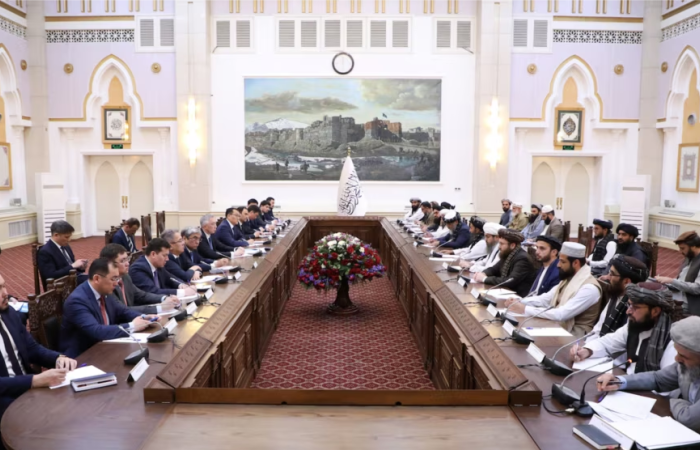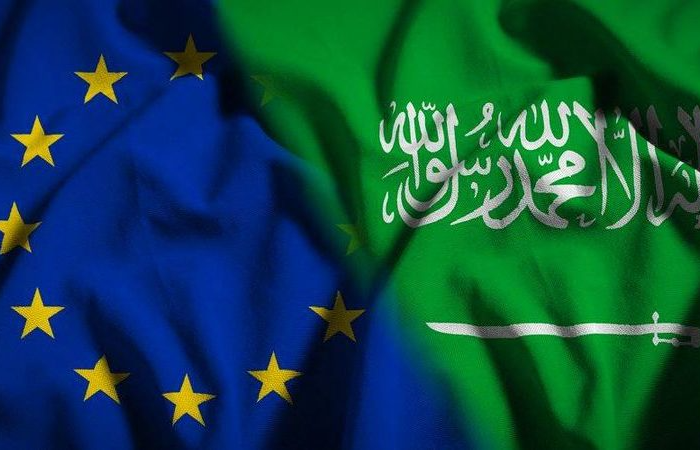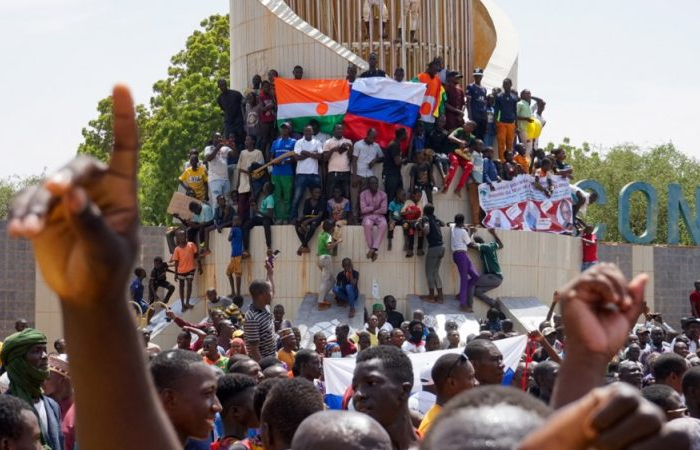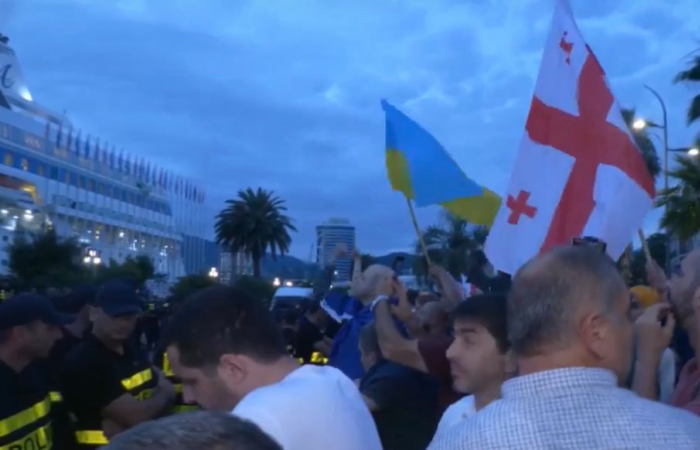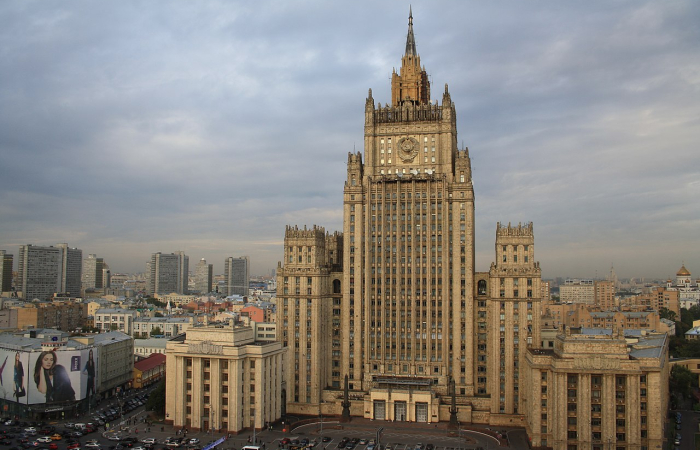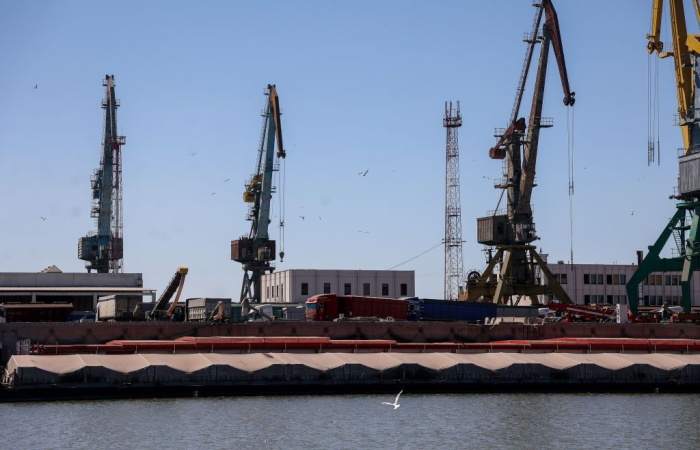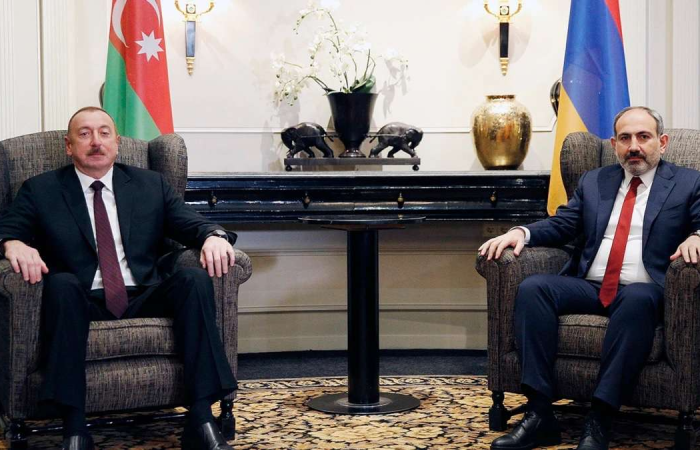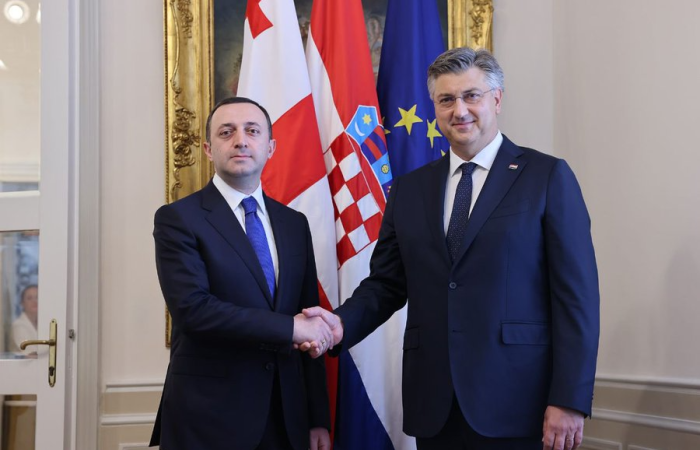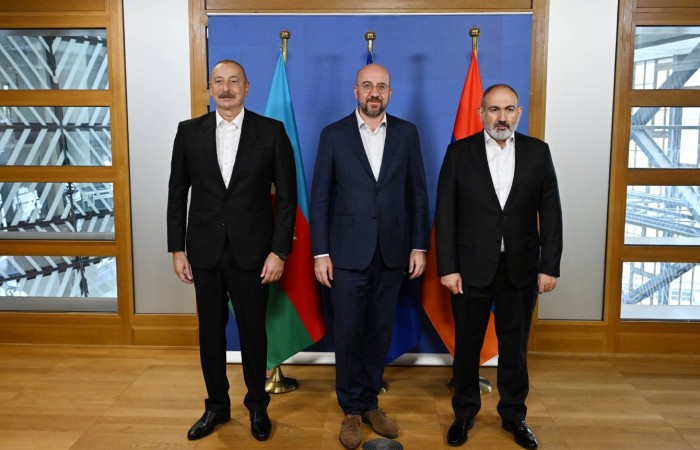Trending
Kazakhstan-Afghanistan business forum to take place from 3-5 August
2 August 2023
A Kazakhstan-Afghanistan business forum is set to begin in the Kazakh capital Astana tomorrow on Thursday (3 August), lasting until Saturday (5 August).
According to a statement from the Kazakh Foreign Ministry, around 150 Afghan entrepreneurs from different sectors of the economy including second-level banks will be in attendance, while from the Kazakh side the Ministry of Trade and Integration, the company Kazakeksport, second-level banks, and logistics companies will also attend.



